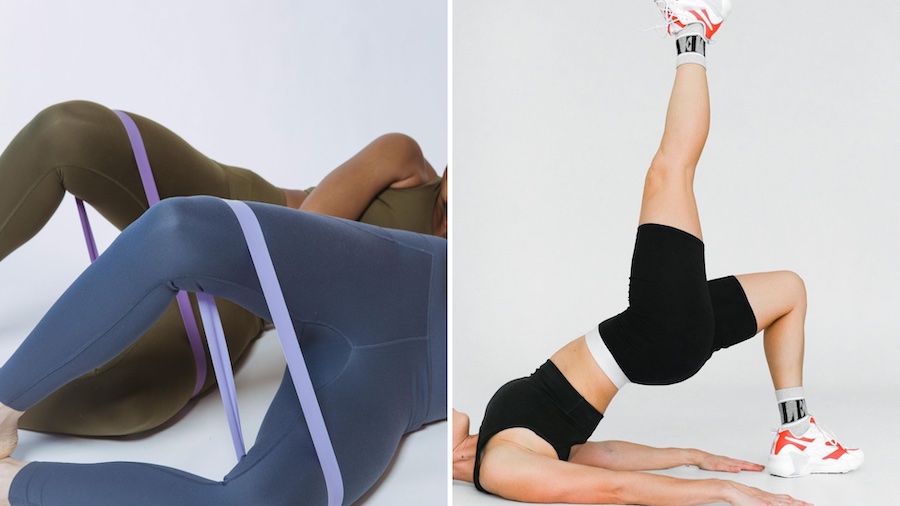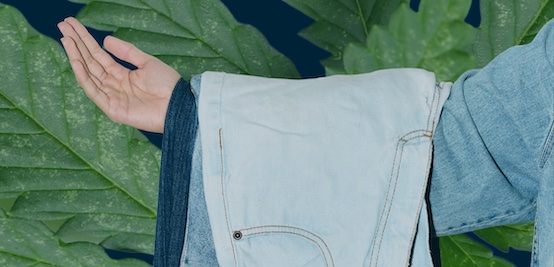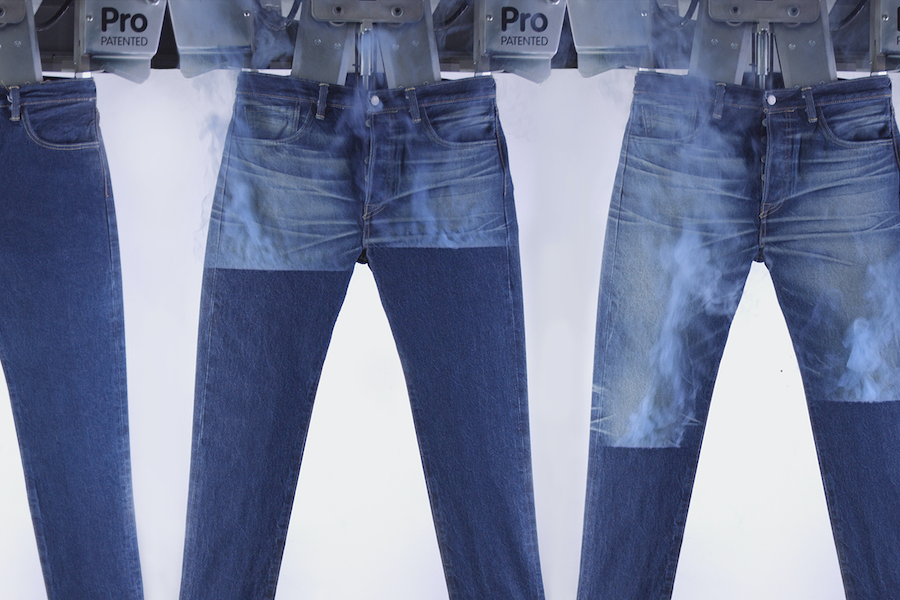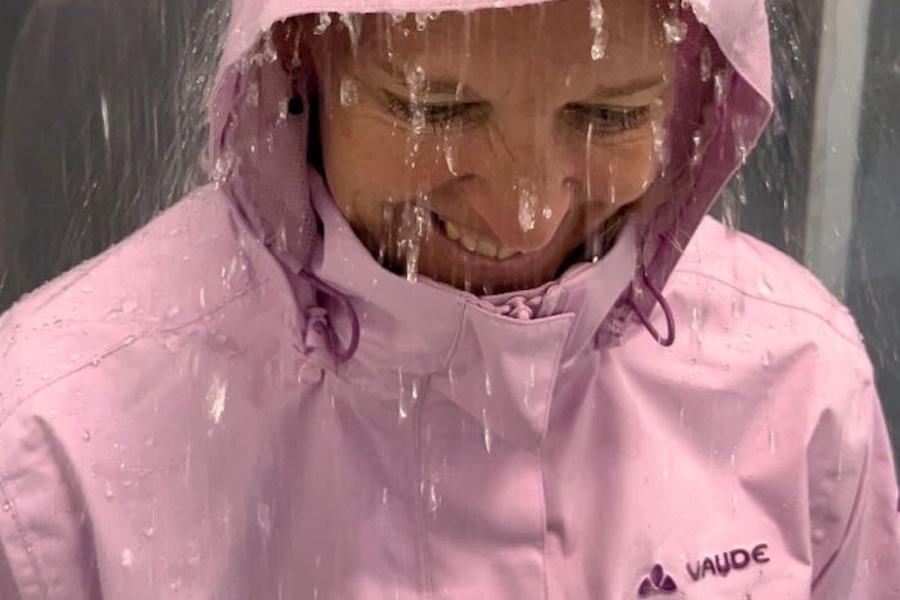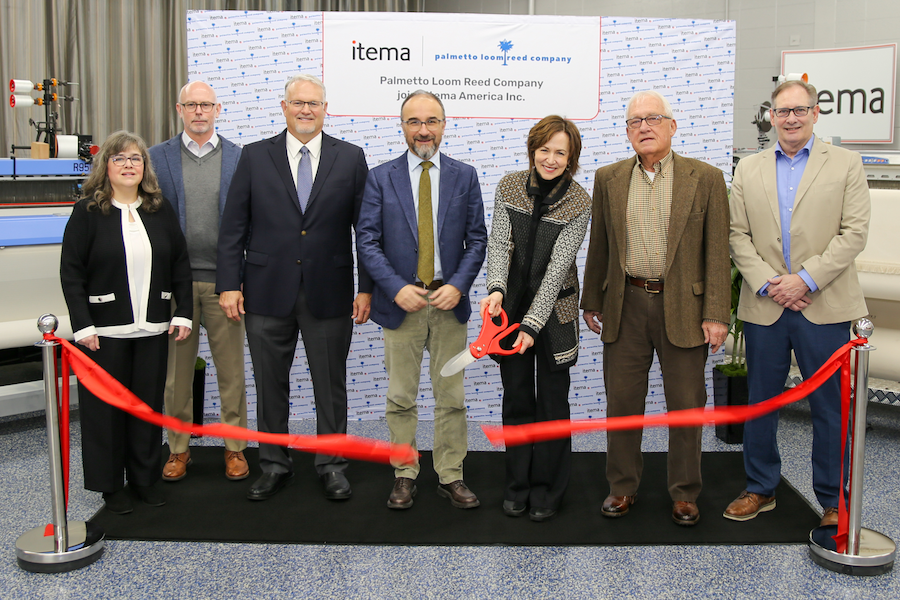#Sustainability
Fashion For Good unveils “The Next Stride”, a new footwear project to replace fossil fuel mate-rial with bio-based sole innovation
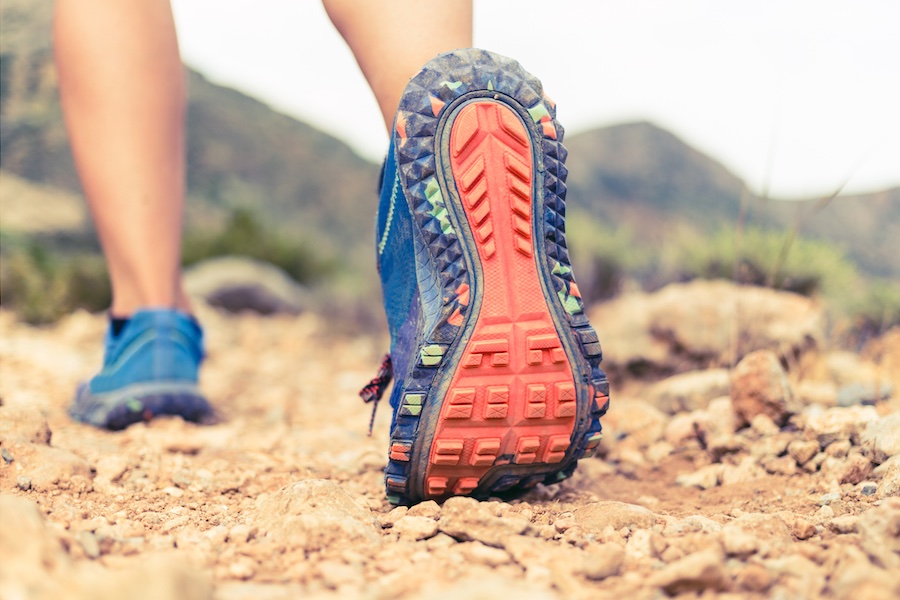
At the heart of footwear’s environmental impact lies a critical component: the sole. Soles are made primarily from fossil fuel–based polymers such as PU, TPU, EVA, and rubber, and recycling options for these materials are currently minimal at scale, making circular solutions difficult to achieve. With at least 40% share² of the total mass of the shoe, the sole is a crucial driver of the product’s overall footprint. A typical synthetic running shoe carries a carbon footprint of around 14 kg CO?³ (about the same as charging a smartphone every day for 5 years), with 97% of this impact traced back to raw material processing and manufacturing. Besides, soles are also a source of fibre fragmentation: abrasion from synthetic materials such as footwear soles contributes significantly to primary “microplastics” released into the environment4, with studies showing these fragments and additives accumulate in soils, waterways, and even indoor air. Therefore, rethinking the sole is not just an opportunity but the most decisive step in reducing the industry’s environmental impact.
The Next Stride is Fashion for Good’s ambitious response. The project unites an influential coalition of industry leaders (including adidas, Target, and Zalando) with breakthrough material innovators such as Algenesis Labs, Balena, Evoco, KUORI, and Yulex. Together, they will rigorously test and validate bio-based polymers as viable, high-performance alternatives to conventional materials.
The project brings together a comprehensive approach to evaluating and advancing next-generation materials through a combination of material assessments, performance mapping, and testing. It begins with a deep validation of the innovators’ material offerings and the alignment of these with partner performance requirements. Prototypes are then tested in collaboration with SATRA to validate both performance and environmental impact against conventional options. The findings from this work can then be used to inform the development of a roadmap for larger-scale adoption, incorporating considerations such as impact accounting, feedstock availability, end-of-use solutions, and the infrastructure needed to support broader implementation.
“The Next Stride is a critical, collaborative intervention to de-risk the widespread adoption of high-performance bio-based alternatives for footwear soles,” says Katrin Ley, Managing Director at Fashion for Good. “By transforming the very foundation of the shoe, we address the most impactful component in its lifecycle and open the door to systemic change in the footwear industry.”
“For adidas, sustainability and performance go hand in hand. Through The Next Stride, we will work with innovators to explore if bio-based materials can potentially lower the environmental impact of footwear soles while at the same time meeting or even enhancing the high-performance standards our athletes and consumers expect from adidas products.” – Gudrun Messias; Director, Sustainability Direction at adidas.
“As we have recently confirmed in our sustainability attitude-behaviour gap report, It Takes Many, consumers aspire for more sustainable choices. We believe innovation in materials is key to meeting that demand. The Next Stride brings together the right partners to reimagine the sole, the foundation of every shoe, and set new benchmarks for the industry.” – Pascal Brun; VP Sustainability and D&I at Zalando
Learn more about the project at this link:
https://www.fashionforgood.com/case-study/the-next-stride/
¹ SkyQuest Technology Consulting Pvt. Ltd. (2024). Footwear Market 2025: Size, growth trends & forecast 2032.
² Serweta, W., Gajewski, R., Olszewski, P., Zapatero, A., Lawinska, K. (2019). Carbon Footprint of Different Kinds of Footwear – a Comparative Study. Fibres and Textiles in Eastern Europe.
³ Cheah, L., Duque Ciceri, N., Olivetti, E., Matsumura, S., Forterre, D., Roth, R., & Kirchain, R. (2012). Manufacturing?focused emissions reductions in footwear production. Journal of Cleaner Production.
4 Boucher, J., & Friot, D. (2017). Primary microplastics in the oceans: A global evaluation of sources. International Union for Conservation of Nature.



